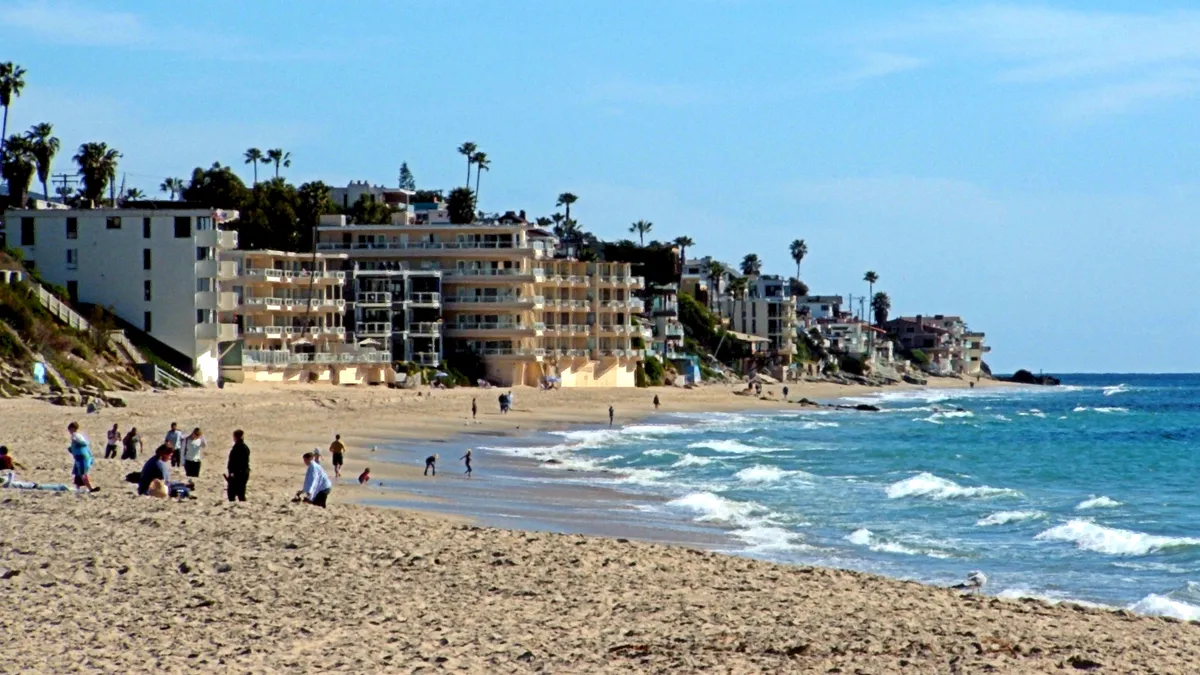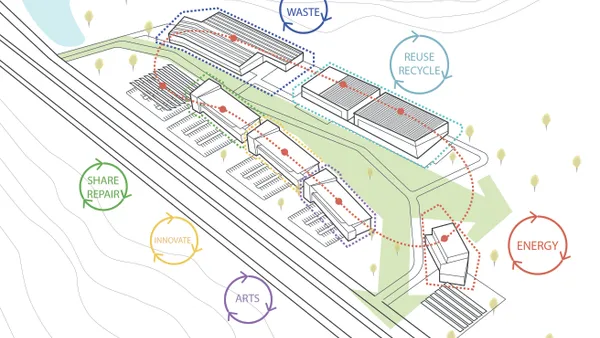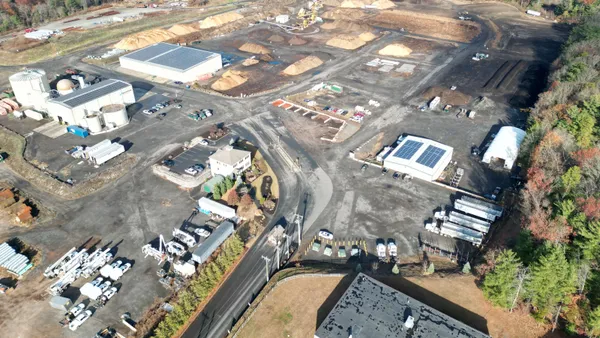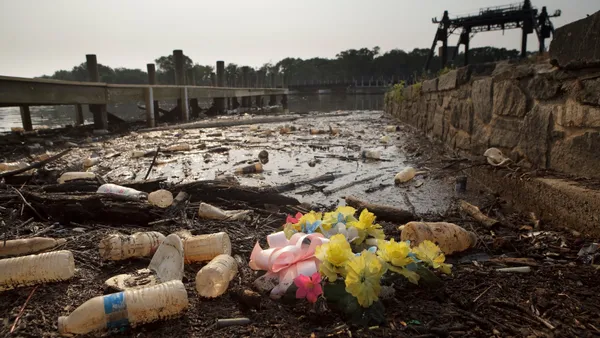Dive Brief:
- The U.S. Environmental Protection Agency (EPA) has approved the State Water Resources Control Board’s new water quality standards, designed to prevent trash from flowing into California’s streams, lakes, bays, estuaries, coastal and ocean waters — ultimately helping to eliminate trash from that state’s waters by 2026.
- The new "Trash Policy" prohibits the disposal of trash into state waters through storm drains. It requires municipalities and other California storm water permit holders to install full trash capture systems or use equivalent devices, and to have programs for sustainability, such as more street sweeping and/or educational outreach.
- San Francisco Bay and Los Angeles have already adopted a trash capture approach, and it is working in those areas, according to the EPA. The Los Angeles region has waterbodies nearing the zero trash standard in 2016. San Francisco Bay has a target date of 2022 for zero trash, and has surpassed 40% so far.
Dive Insight:
Trash in waters destroys habitats and it harms and kills marine wildlife due to contamination, ingestion, or becoming entangled in it. Up to 80% of the trash that flows into waterways is generated on land. California’s move to keep their garbage from entering storm drains will reach far beyond its local waterways; it will cut down on the accumulations of the waste in the Pacific Ocean.
"Trash in our lakes, streams, and the ocean pose a serious threat to fish and wildlife ...The good news is that this problem is entirely preventable," said State Water Board Chair Felicia Marcus.
"Many communities have already stepped up to meet the challenge and serve as an example to the rest of the state," said Marcus, adding that California’s policy relies on "tried-and-true, common sense approaches to ensure we get trash removed early before it enters our storm water system – resulting in cleaner beaches and healthier marine life."
This "Trash Policy" approach is one that other coastal states can consider for implementation in order to better control water pollution.












